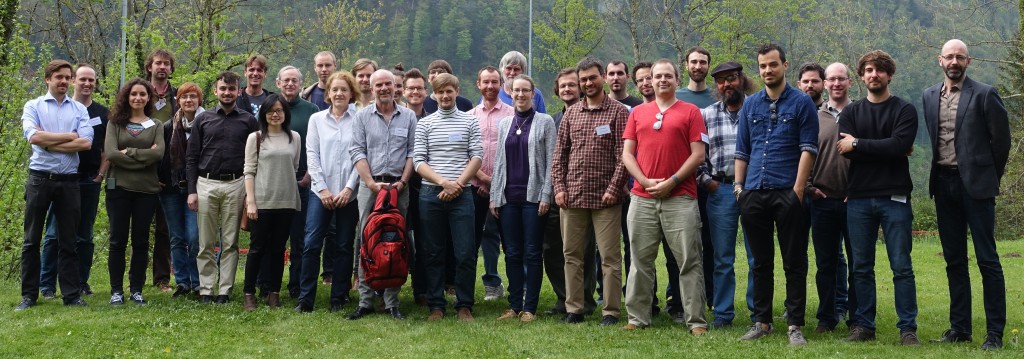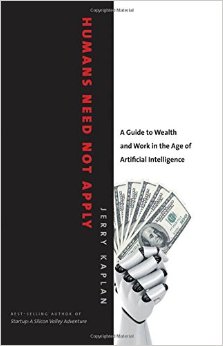This week we have Prof Dr. Charles Judd from the University of Colorado Boulder visiting us and giving a talk in the Social, Economic, and Decision Psychology colloquium (Thursday, May 26, 2016, 13:00, title and abstract follow). We’re looking forward to seeing you there.
Experiments in which samples of participants respond to samples of stimuli: Designs, analytic models, and statistical power
Many psychological experiments ask participants to judge faces, memorize words, or solve analytic problems under different experimental conditions. The interest is in the mean condition differences in participants’ responses. Most typically differences due to the specific stimuli (i.e., faces, words, and problems) are ignored in the analysis of the resulting data. I will show that this can result in serious bias if the goal is to generalize conclusions to other samples of participants and other samples of stimuli that might have been used. I will then provide an introduction of the use of linear mixed models for analyzing data from designs involving two random factors, participants and stimuli. I will briefly discuss a range of such designs and then discuss issues of statistical power. I will argue that many failures to replicate experimental results may be due to the failure to treat stimuli as a random factor in the analysis of data from experiments involving samples of both participants and stimuli.


